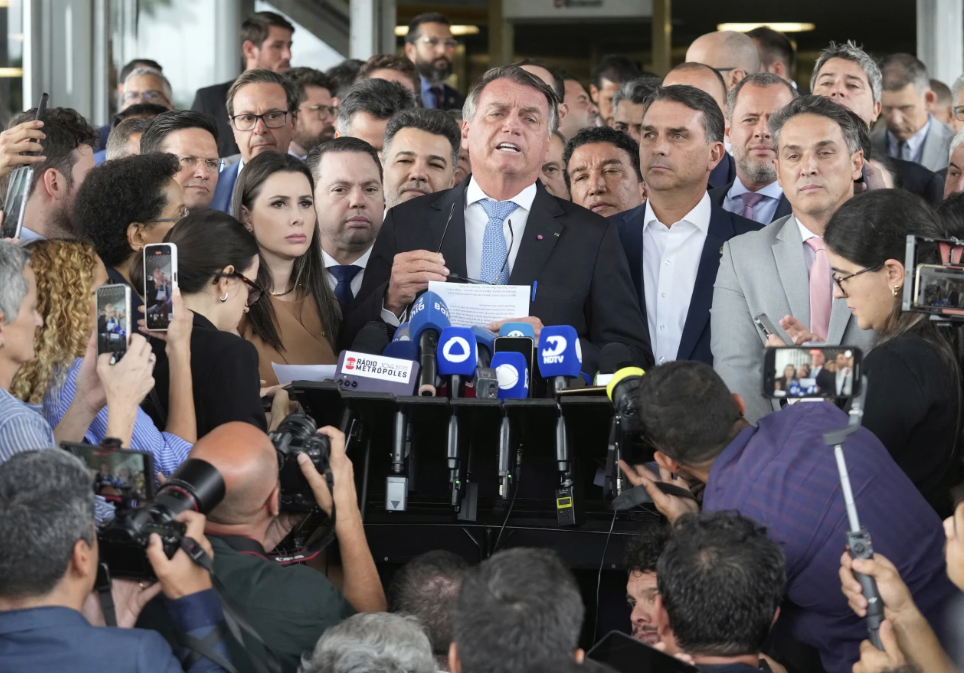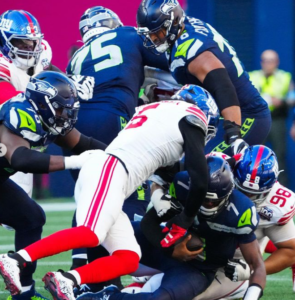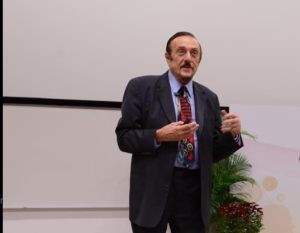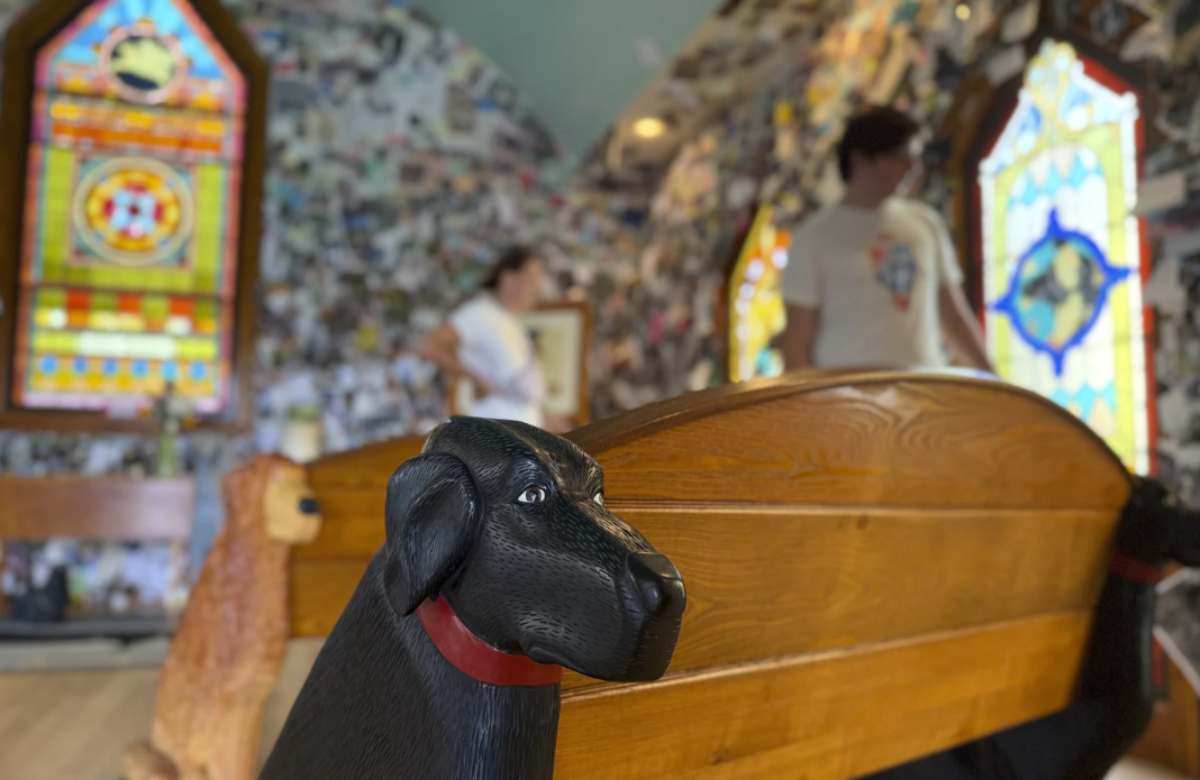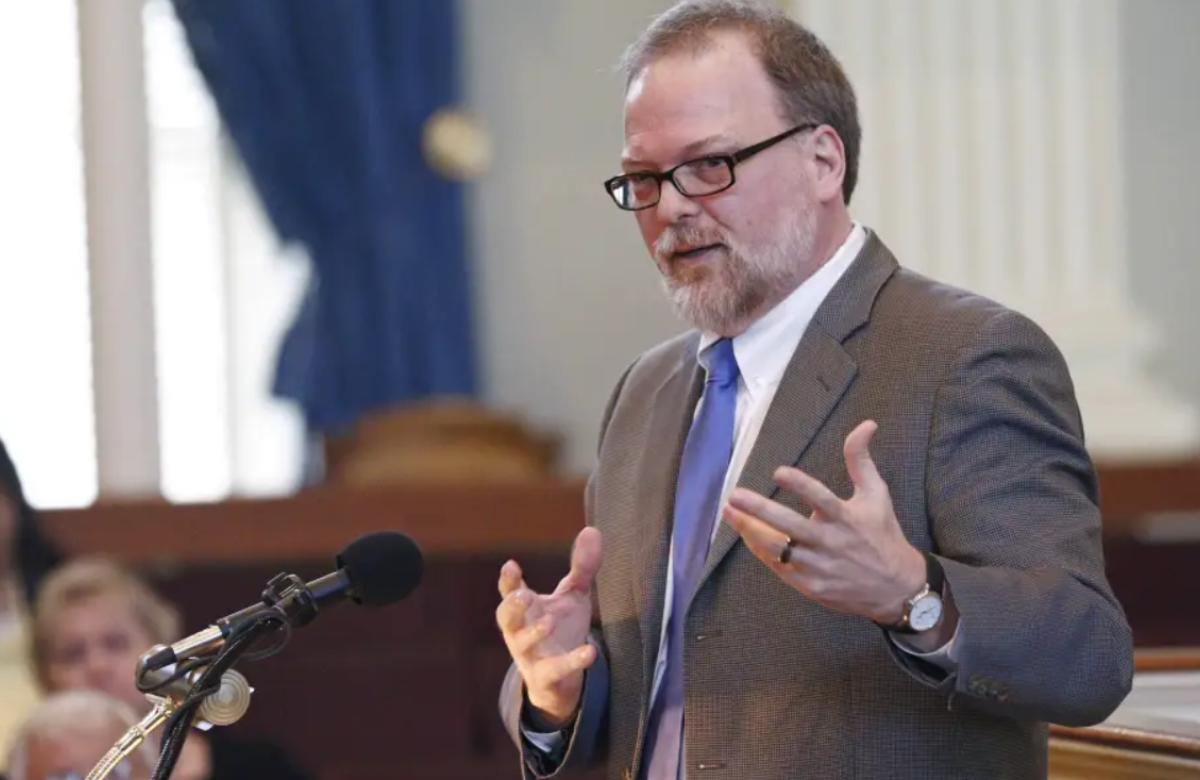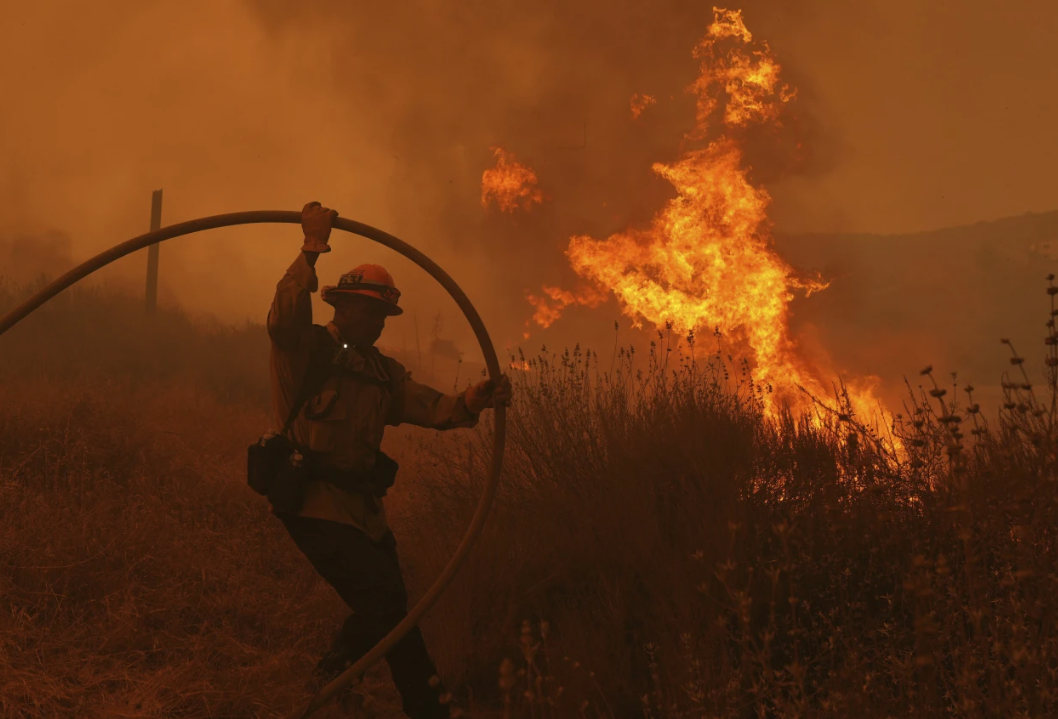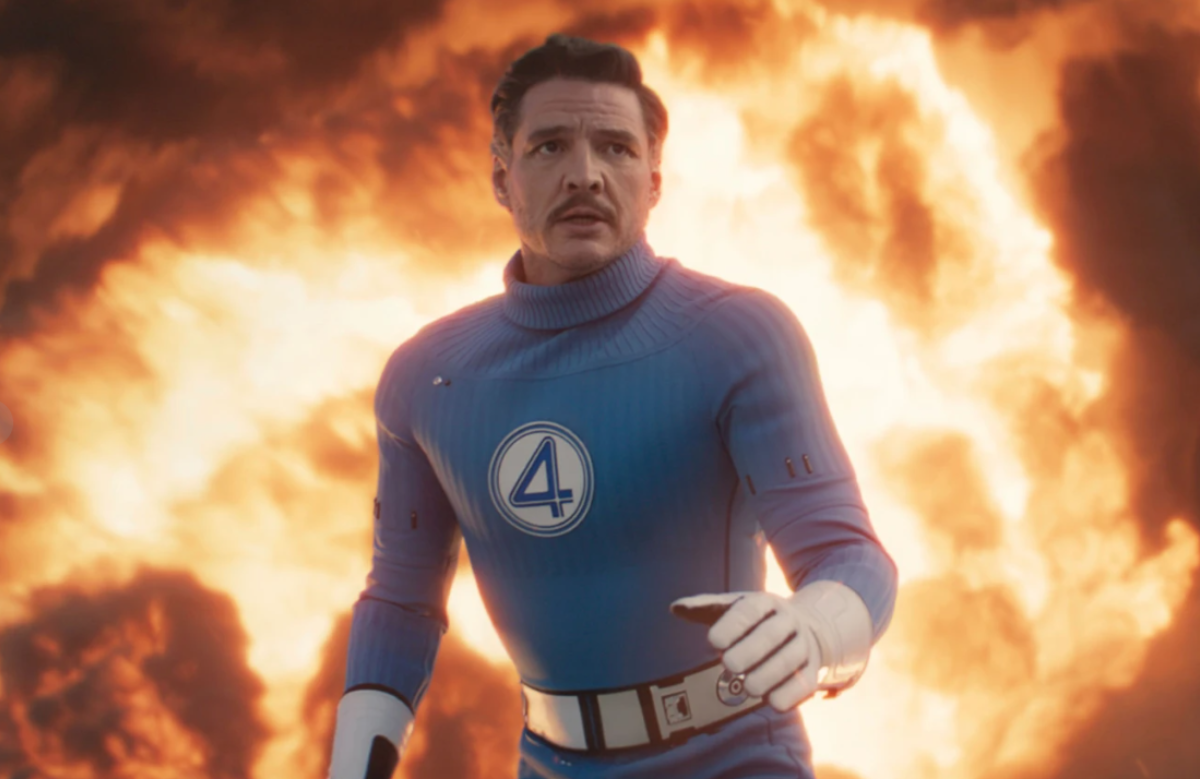A panel of Brazil’s Supreme Court justices unanimously agreed on Wednesday to proceed with charges against former President Jair Bolsonaro. The charges relate to an alleged plot to remain in power after his defeat in the 2022 election. Bolsonaro is accused, alongside 33 other individuals, of attempting a coup. The accusations include a plan to poison his successor, current President Luiz Inácio Lula da Silva, as well as to kill a Supreme Court judge.
Additionally, the justices decided that seven of Bolsonaro’s close allies would face trial on multiple charges. These include attempting to overthrow the government, involvement in an armed criminal organization, trying to violently abolish the democratic order, committing violent damage and posing a serious threat to state assets, and causing harm to national heritage sites.
Former President Jair Bolsonaro has consistently denied any wrongdoing, claiming that he is being politically targeted. A lawyer representing Bolsonaro has not yet responded to requests for comment.
Following the panel’s decision, Bolsonaro told reporters, “It feels like there’s something personal against me.” He further stated, “The accusations are baseless.”
Under Brazilian law, a conviction for attempting a coup could result in a sentence of up to 12 years in prison. When combined with the other charges, the punishment could span several decades behind bars.
Justice Flávio Dino emphasized the gravity of the situation, stating, “Coups kill. It doesn’t matter if it happens today, next month, or a few years from now.”
Prosecutor-General Paulo Gonet explained on Tuesday that those facing charges aimed to keep Bolsonaro in power “at all costs” through a multi-step plan that gained momentum after the far-right politician lost to the current president.
As in his previous indictment in February, Gonet outlined part of the plot, which included plans to kill President Lula and Justice Alexandre de Moraes. Both were allegedly monitored by the conspirators. However, the plan was abandoned at the last moment because the accused failed to gain the support of the army’s commander.
Gonet remarked that the frustration of the criminal group did not deter them from their goal of violently seizing power, even after Lula had been sworn in as president. This reference pointed to the January 8, 2023, riot, when Bolsonaro’s supporters stormed the Supreme Court, presidential palace, and Congress in Brasília, just one week after Lula took office.
On Wednesday, Justice Alexandre de Moraes presented the panel with a video showing scenes from the January 8th riot. “We experienced a very violent attempt at a coup,” he said. “It was brutal violence, marked by complete barbarity, with calls for military intervention in the coup.”
Among those who will face trial are Bolsonaro’s running mate from the 2022 election, former Defense Minister Walter Braga Netto, former Justice Minister Anderson Torres, and his aide-de-camp Mauro Cid, among others. The court will decide the fate of the remaining individuals later.
Jair Bolsonaro, a former military officer who often expressed admiration for Brazil’s past dictatorship, openly challenged the country’s judicial system during his presidency from 2019 to 2022.
Ahead of a potential trial, Bolsonaro has worked to bolster his political support, including by organizing a protest in Rio de Janeiro earlier this month. Local media reported that approximately 18,000 people attended, according to data from a monitoring project affiliated with the University of São Paulo.
Bolsonaro’s supporters had aimed to gather 1 million people at the protest, but some analysts believe his ability to rally voters is weakening. Despite this, he has called for another demonstration in São Paulo on April 6.
In addition, Bolsonaro and his allies are pushing for Congress to grant amnesty to those jailed for their involvement in the January 8, 2023, riot.
Carlos Melo, a political science professor at Insper University in São Paulo, stated that he didn’t expect the Supreme Court’s decision to significantly affect next year’s presidential election.
Bolsonaro has already been barred by Brazil’s top electoral court from running in elections until 2030 due to abuse of power during his presidency and spreading unfounded claims about the country’s electronic voting system.
“Bolsonaro will still present himself as a candidate,” Melo said. “Why? To avoid being sidelined. He will argue that it’s either him or someone he backs. He doesn’t want to lose the political influence he still holds.”
